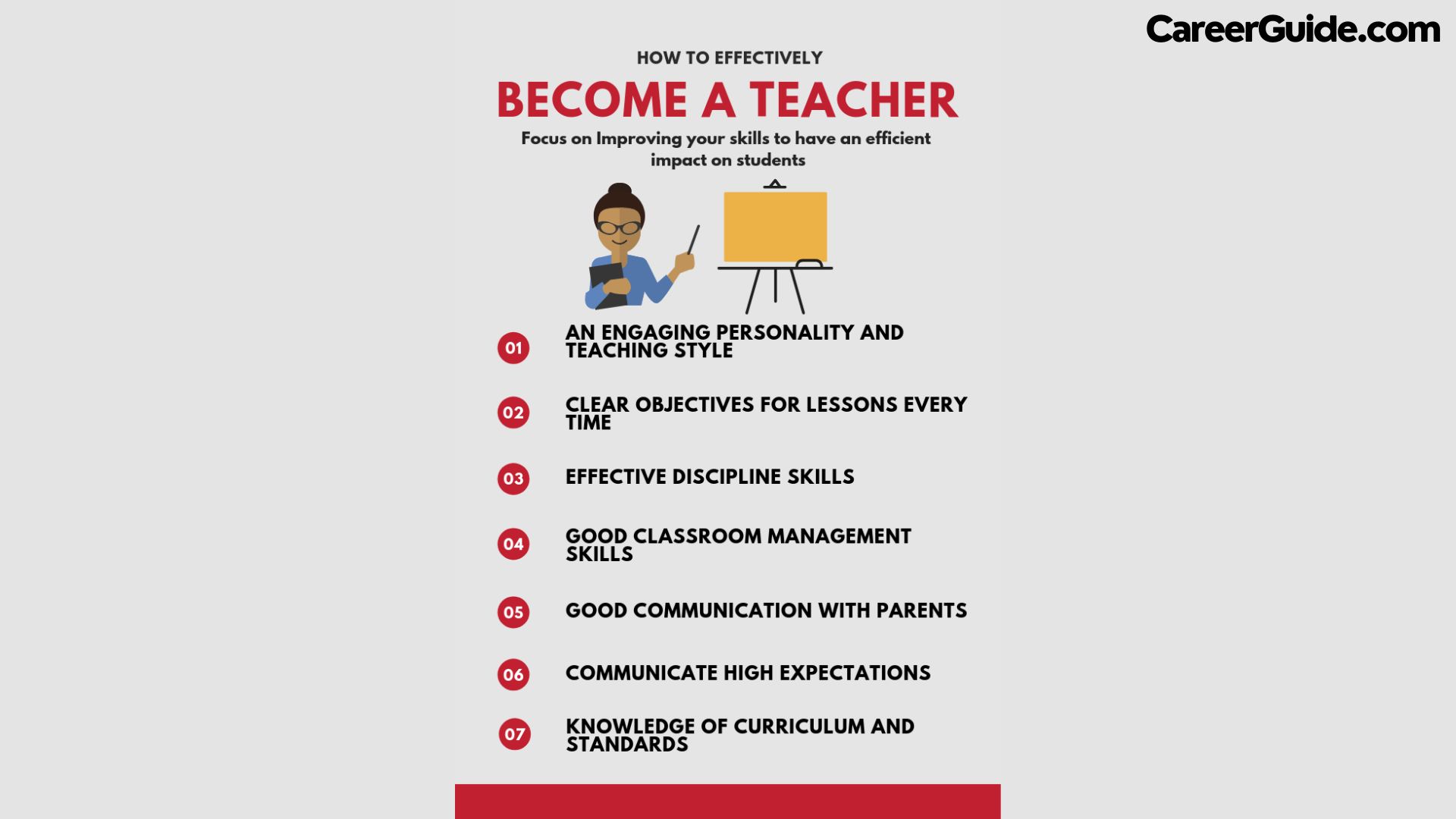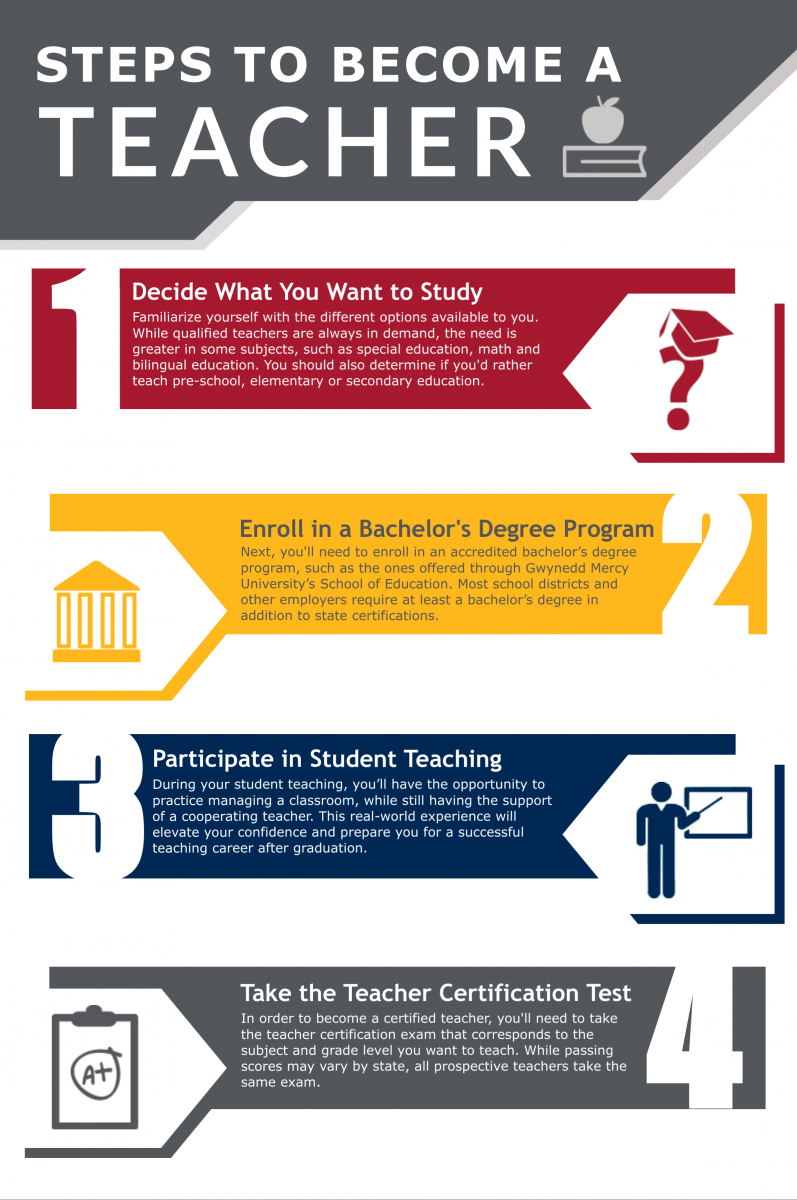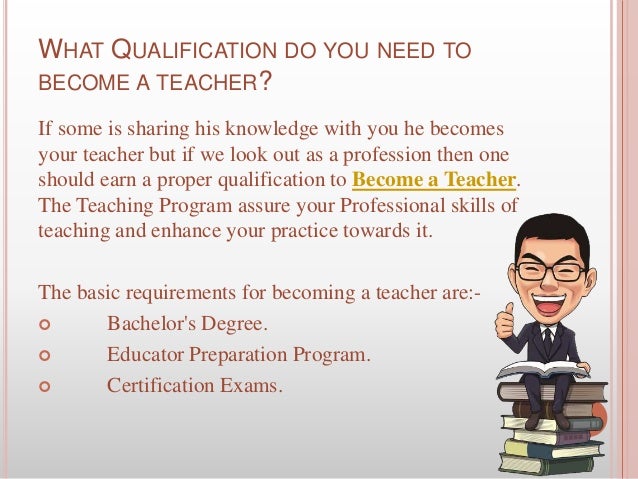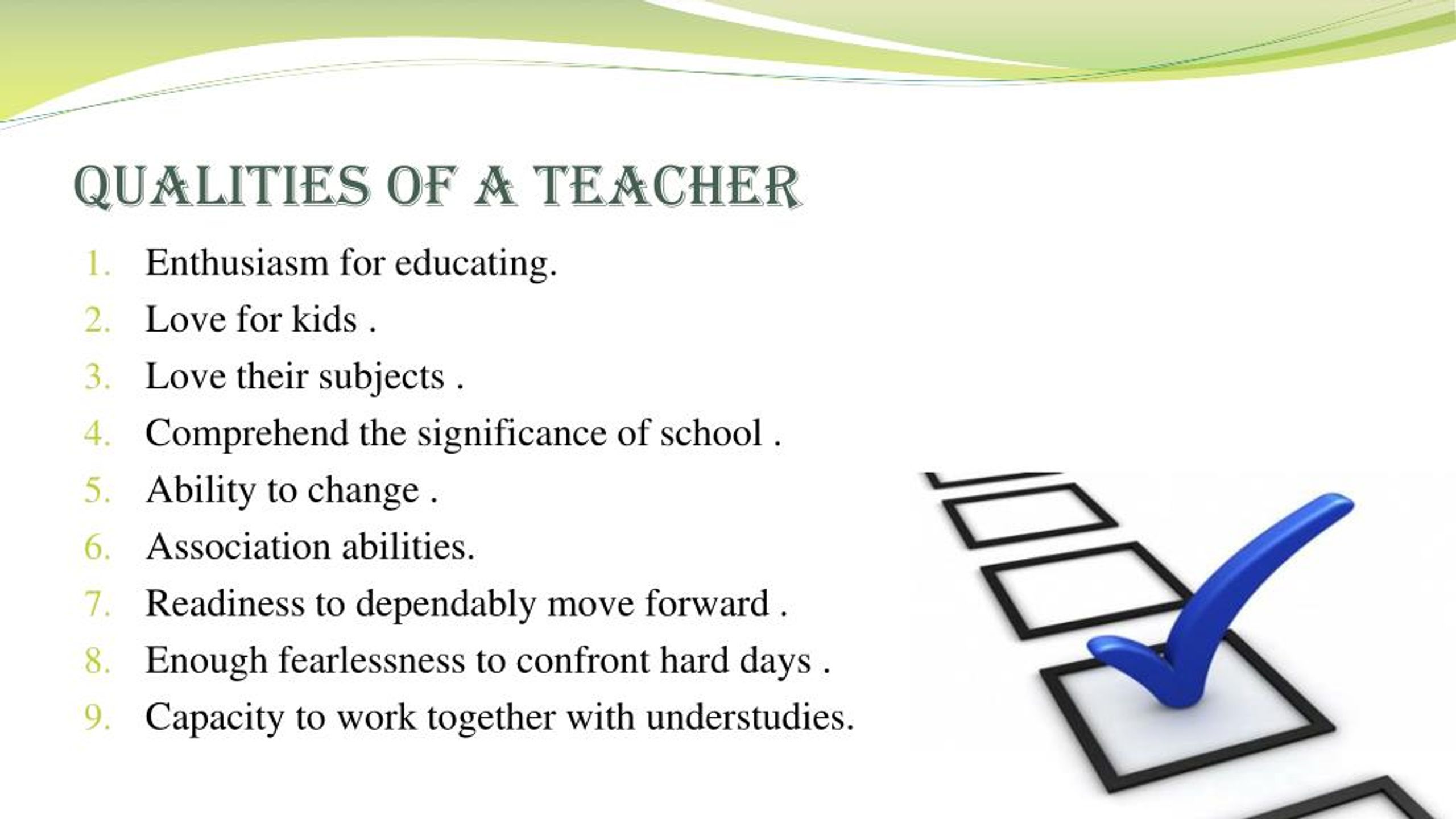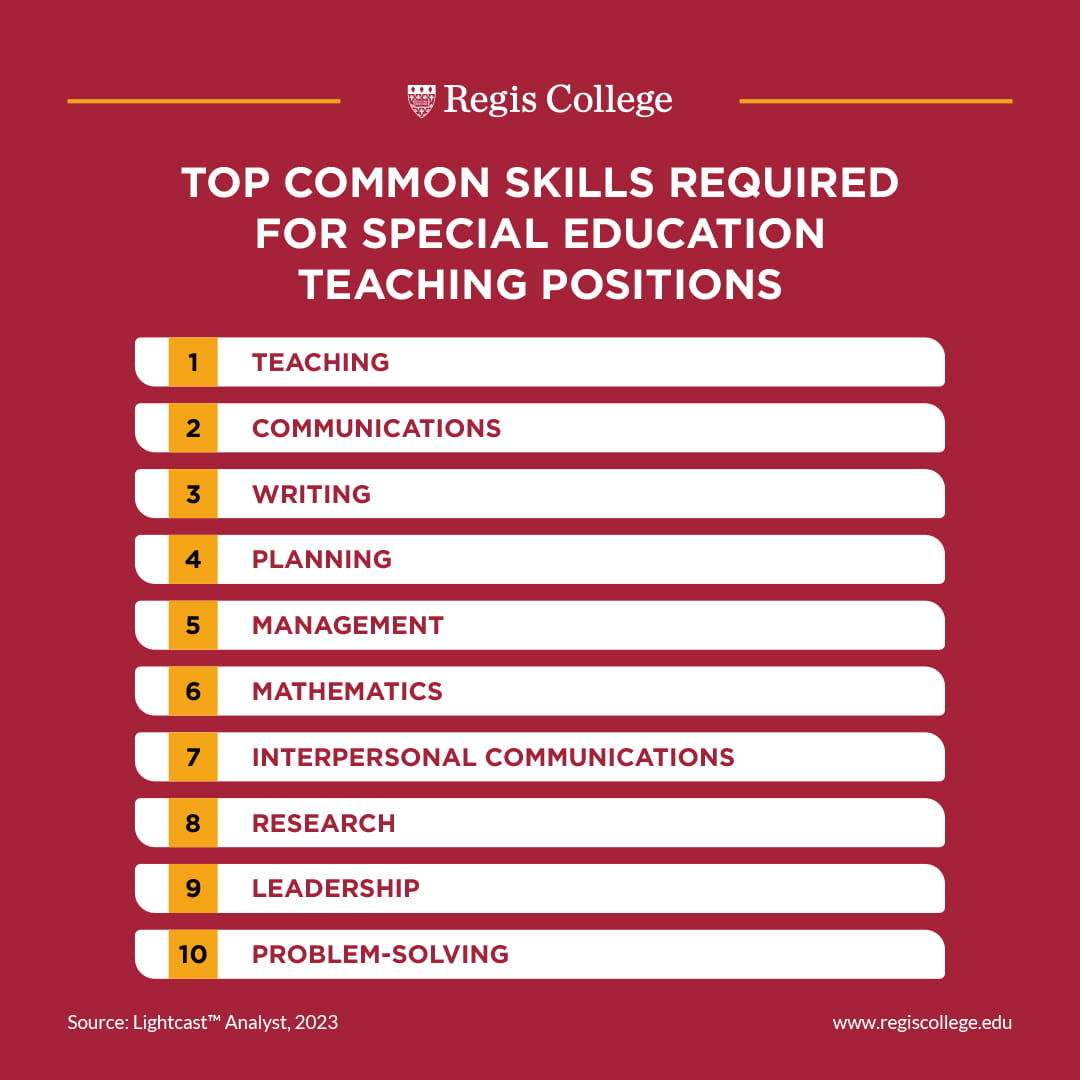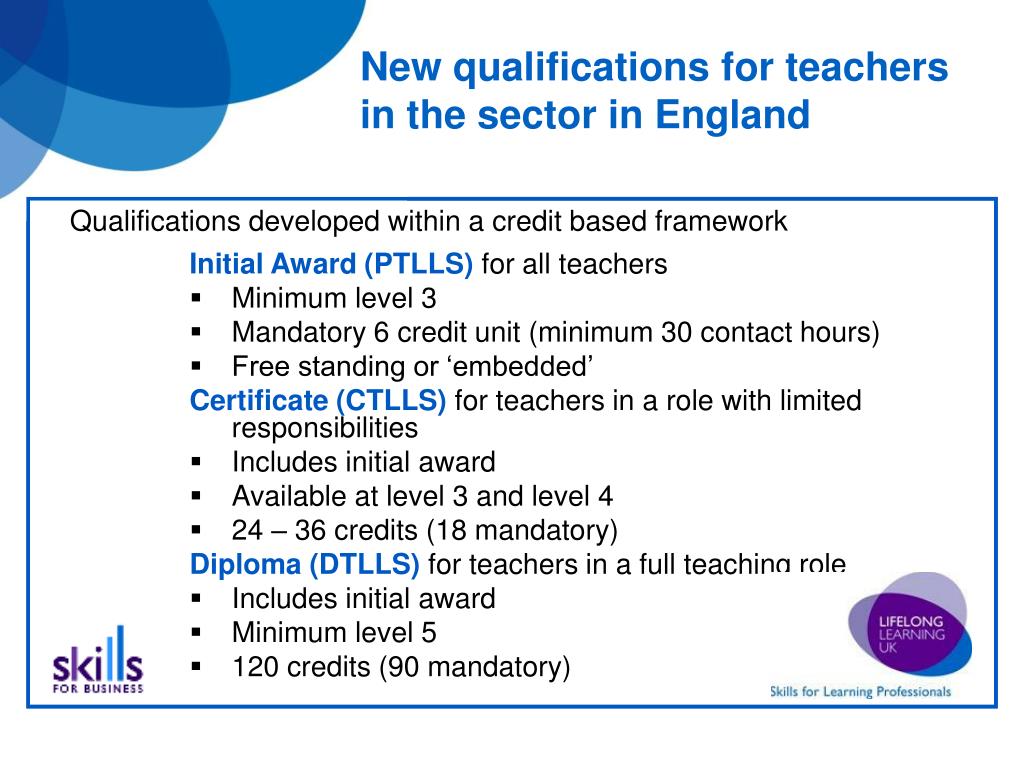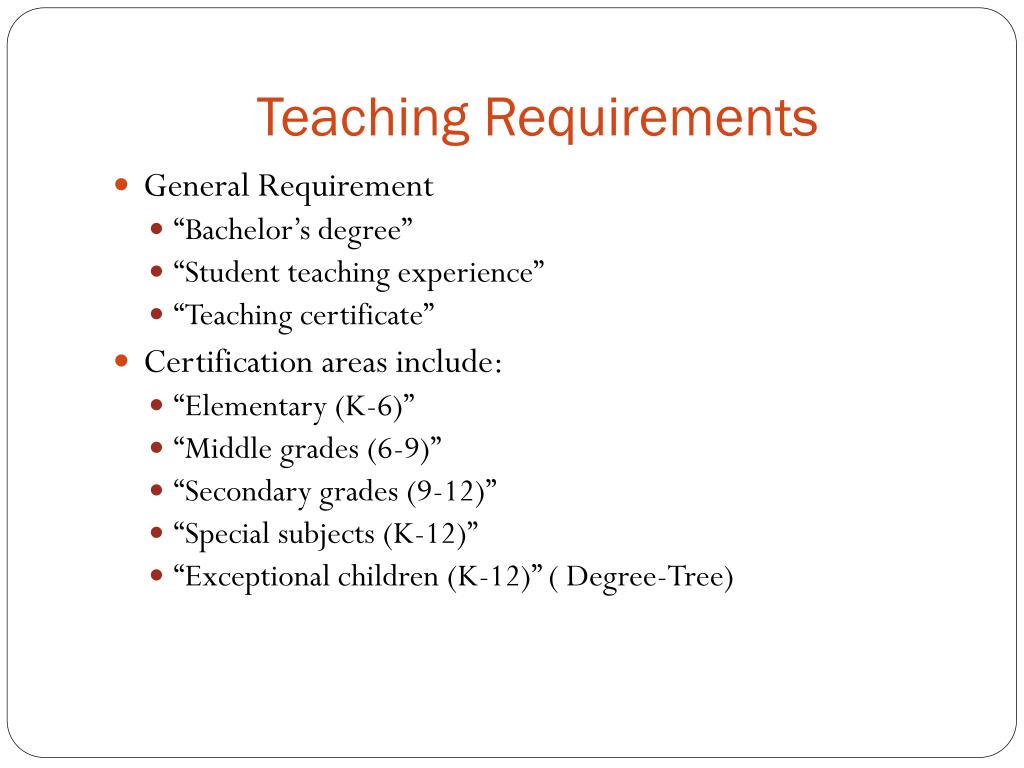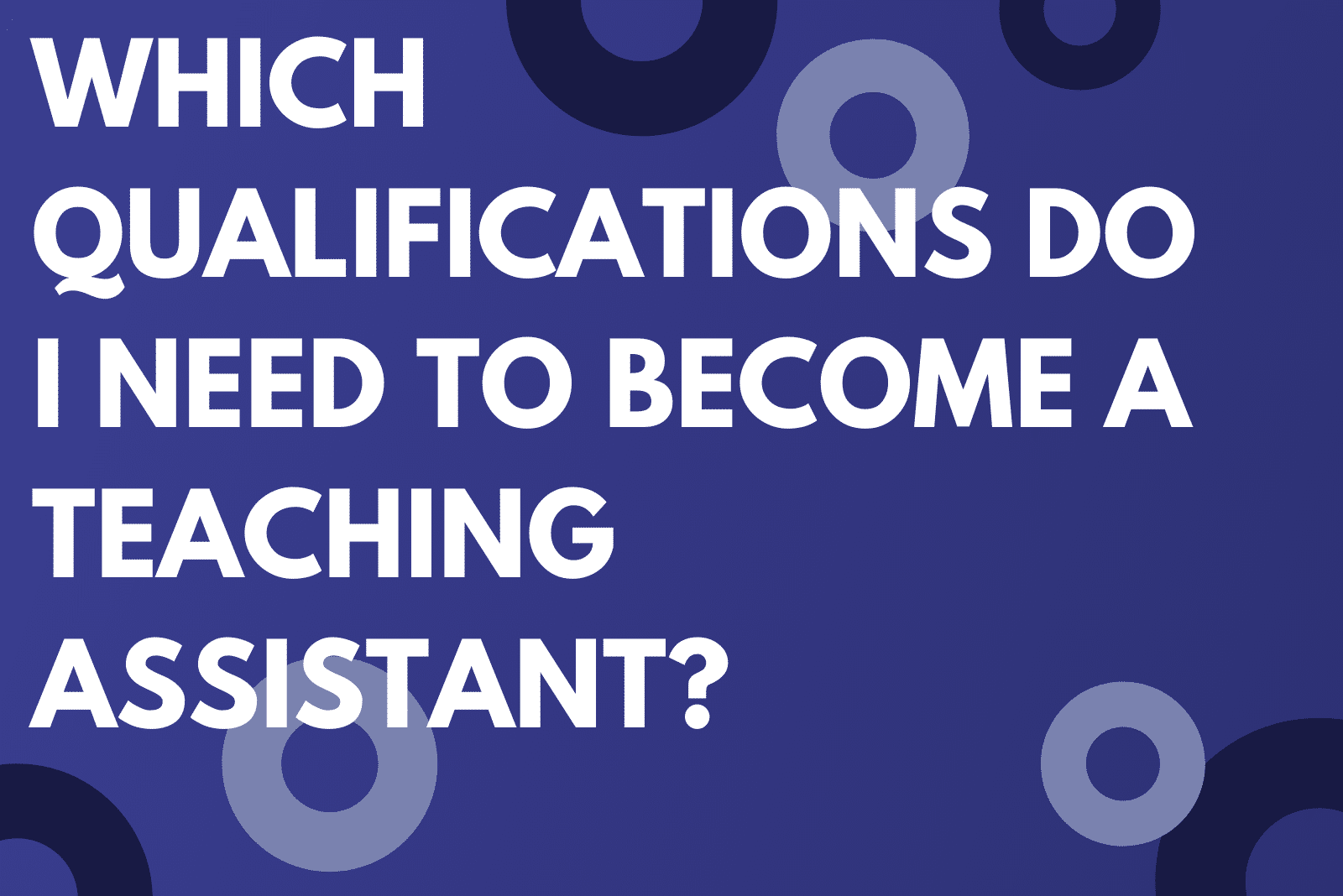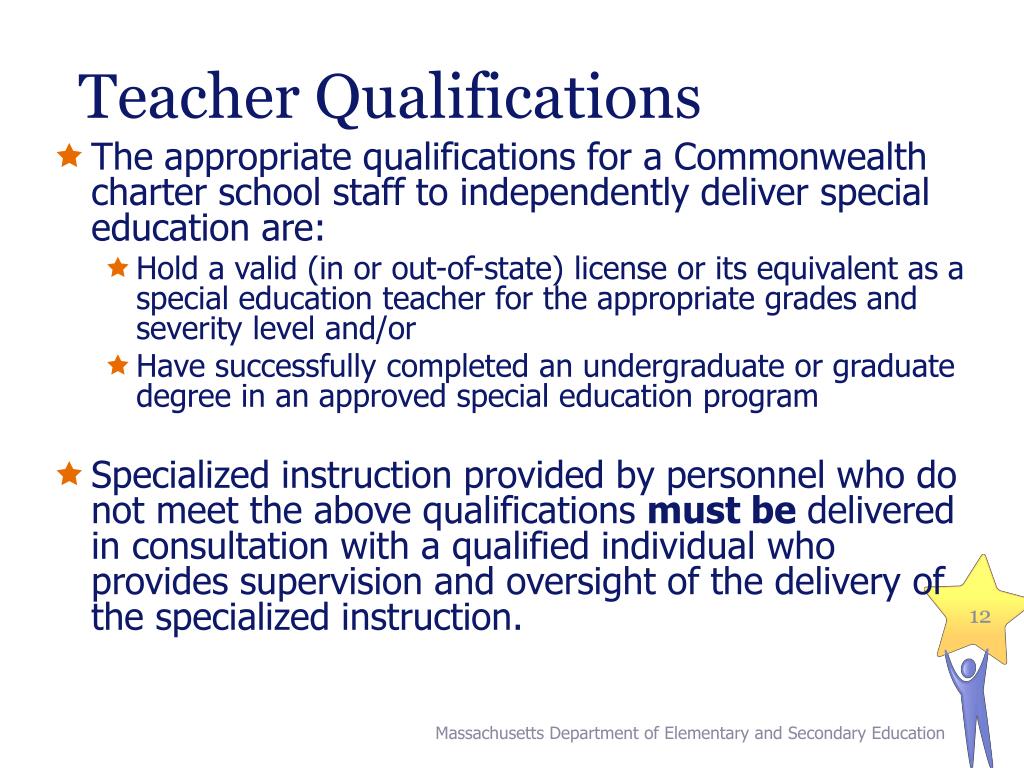What Are The Qualifications To Be A Teacher

Across the nation, individuals passionate about shaping young minds are drawn to the teaching profession. However, the path to becoming a certified teacher is multifaceted, involving specific educational requirements, examinations, and practical experiences.
This article delves into the standard qualifications necessary to become a teacher in the United States, outlining the key steps and variations across different states. Understanding these requirements is crucial for aspiring educators and those interested in the standards governing the education system.
Educational Attainment: The Foundation
The cornerstone of any teaching career is a solid educational foundation. Generally, a bachelor's degree is the minimum requirement to become a licensed teacher in most states.
This degree typically needs to be from an accredited institution. Furthermore, the specific major often matters.
While some states allow for broader undergraduate degrees, many prefer or require a degree in education or a specific subject area that the candidate intends to teach, such as mathematics, English, or science.
Teacher Preparation Programs
Beyond the bachelor's degree, aspiring teachers must typically complete a teacher preparation program. These programs can be integrated into the undergraduate degree or pursued separately as a post-graduate certificate or master's degree.
Teacher preparation programs are designed to provide pedagogical knowledge and practical skills necessary for effective teaching.
These programs usually involve coursework in educational psychology, curriculum development, classroom management, and instructional strategies. They also include supervised student teaching experiences.
Licensure and Certification: Formal Recognition
Upon completing the required education and teacher preparation program, the next step is to obtain a teaching license or certification. Each state has its own Department of Education responsible for setting licensure requirements and issuing teaching credentials.
These requirements often include passing standardized tests designed to assess content knowledge and teaching skills. Common examples include the Praxis exams, which are widely used across the country.
The specific tests required vary depending on the state and the subject area the candidate intends to teach. Some states may also require background checks and fingerprinting as part of the licensure process.
Continuing Education and Professional Development
The journey of a teacher doesn't end with initial licensure. Most states require teachers to engage in ongoing professional development to maintain their licenses and stay current with best practices in education.
This can involve attending workshops, conferences, or taking additional coursework. The specific requirements vary from state to state, but the underlying goal is to ensure that teachers continue to grow and improve their skills throughout their careers.
Furthermore, many districts and schools offer professional development opportunities to their teachers. This fosters a culture of continuous learning and improvement.
Alternative Routes to Certification
Recognizing the need to attract talented individuals from diverse backgrounds, many states offer alternative routes to teacher certification. These pathways are designed for individuals who hold a bachelor's degree but did not complete a traditional teacher preparation program.
Alternative routes often involve accelerated training programs, mentorship opportunities, and on-the-job training. These pathways allow individuals to transition into teaching careers more quickly.
However, candidates pursuing alternative routes must still meet certain requirements, such as passing the required standardized tests and completing a specified number of hours of supervised teaching.
Conclusion
Becoming a qualified teacher requires a combination of academic preparation, practical experience, and formal licensure. While the specific requirements vary from state to state, the underlying principles remain the same: ensuring that teachers possess the knowledge, skills, and dedication necessary to provide high-quality education to their students.
For individuals considering a career in education, it is essential to research the specific requirements in the state where they plan to teach. By understanding the necessary qualifications, aspiring teachers can effectively plan their educational path and embark on a rewarding career shaping the future of the next generation.
"The influence of a good teacher can never be erased."
